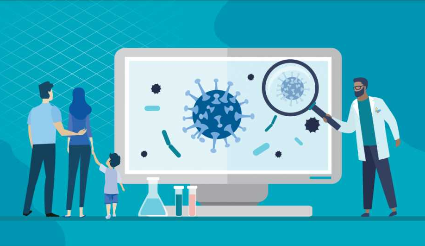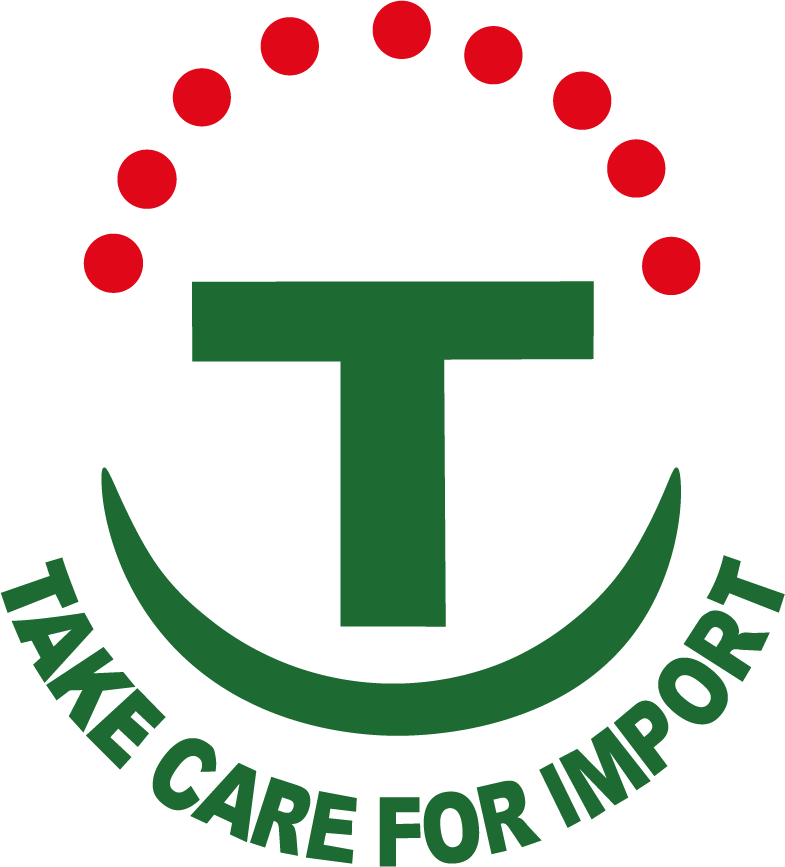- Home
- Latest News
- Medical Advice
- Post Detail

Basic prevention measures against Coronavirus (Covid-19)
Be sure to follow the latest updates on the COVID-19 outbreak, on the WHO website and through your local and national public health authorities. While COVID-19 infections remain widespread primarily in China, there are some outbreaks in other countries. Most individuals who become infected experience mild symptoms and recover, but symptoms may appear more severe in others. Take care of your health and protect others by using the following measures:
Wash hands regularly
Why? Cleaning your hands with soap and water or rubbing them with an alcohol-based sanitizer will kill viruses that may be on your hands.
Practice respiratory hygiene
Make sure to cover your mouth and nose with your elbow or a tissue when coughing or sneezing, then dispose of the tissue immediately by throwing it in a closed trash can and clean your hands with an alcohol-based sanitizer or soap and water.
Why? Covering the mouth and nose when coughing and sneezing prevents the spread of germs and viruses. However, if you cover your mouth and nose with your hand while sneezing and coughing, you may transfer germs to all the things and people you touch.
Avoid getting too close to people
Maintain a distance of at least 1 meter (3 feet) between yourself and anyone who is coughing or sneezing.
Why? When a person coughs or sneezes, small liquid droplets that may contain the virus spray from their nose or mouth. If you are too close, you can breathe in these droplets, including the virus that causes Covid-19 if the person has it.
Avoid touching your eyes, nose and mouth
Why? Hands touch many surfaces and can pick up viruses. If the hands are contaminated, they may transmit the virus to the eyes, nose or mouth. The virus can enter the body through these outlets and make you sick.
If you have fever, cough and difficulty breathing, seek medical advice immediately, as you may have a respiratory infection or other serious condition. Call before going to your caregiver and tell him or her if you have recently traveled or been in contact with any travelers.
Why? Contacting your provider in advance will allow them to quickly direct you to the appropriate health care facility. This will also help prevent any potential spread of the virus that causes Covid-19 and other viruses.
Stay up to date and follow the advice of your health care providers
Make sure to stay up to date on the latest developments regarding COVID-19. Follow advice from your health care provider and from local and national public health authorities or your employer about ways to protect yourself and others from COVID-19 infection.
Why? Because local and national authorities have the most up-to-date information on whether Covid-19 infection has already spread in your area, they are best able to provide advice on what people in your area should do to protect themselves.
Protection measures for people who are in or have recently visited areas where COVID-19 infection is spreading (within the last 14 days)
Follow the instructions above
If you start to feel unwell, even with mild symptoms such as headache, low-grade fever (37.3°C or above) and a mild runny nose, isolate yourself by staying at home until you recover.
Why? Avoiding contact with others and visits to medical facilities will allow these facilities to operate more effectively, and will help protect you and others from the virus that causes COVID-19 and other viruses.
If you have fever, cough and difficulty breathing, seek medical advice immediately, as you may have a respiratory infection or other serious condition. Call before going to your caregiver and tell him or her if you have recently traveled or been in contact with any travelers.



